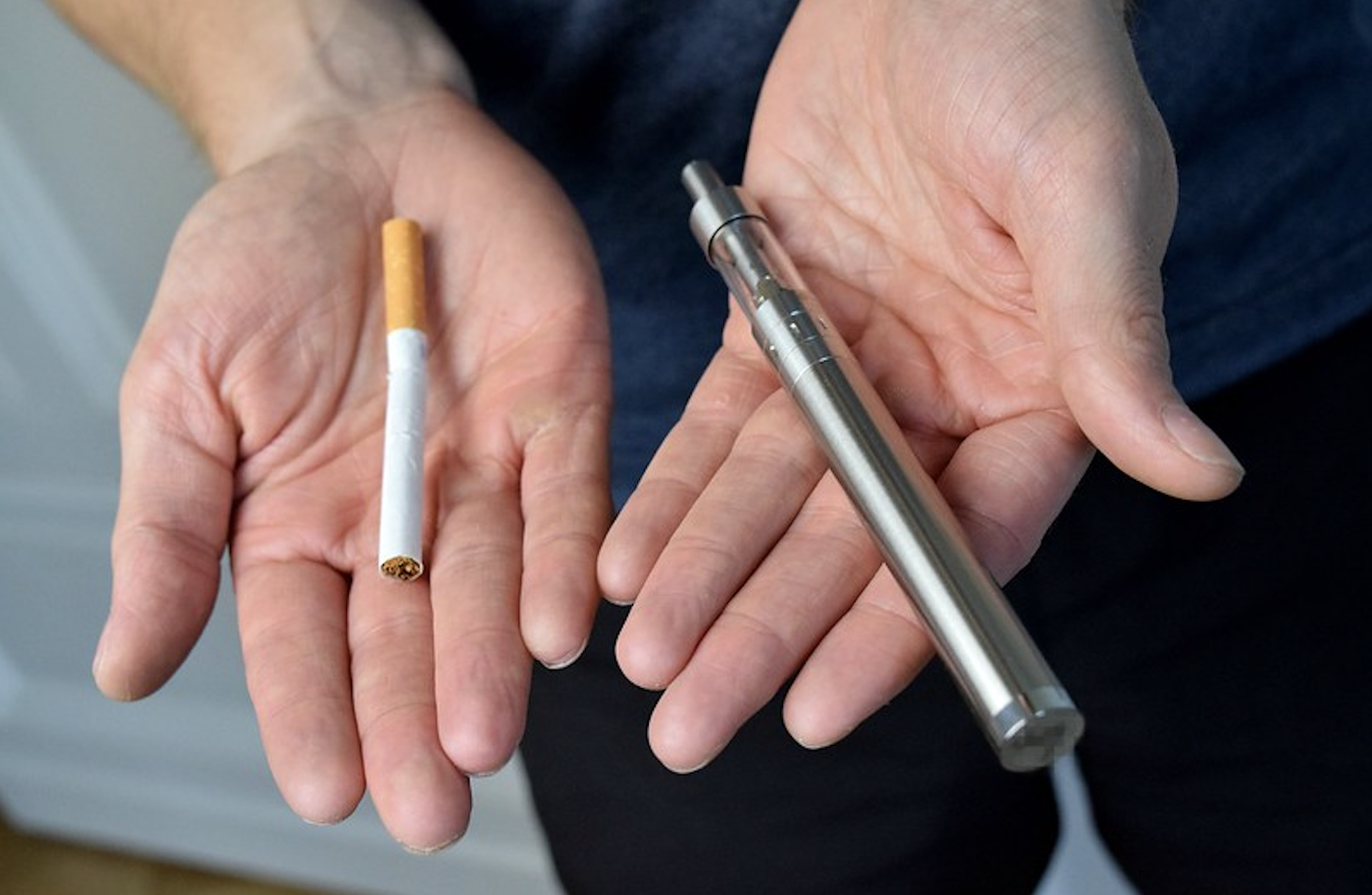The United Kingdom’s new Labour government has reintroduced the Tobacco and Vapes Bill, the King’s Speech announced on July 17. The bill, which would ban anyone born after 2008 from legally buying cigarettes, was originally put forward by the Conservative Party, which lost power in the July 4 general election.
The reemergence of the bill is no surprise. The Labour Party supported it after it was introduced in November 2023 by the Conservatives, who only shelved it when then-Prime Minister Rishi Sunak announced a snap election in May.
The Tobacco and Vapes Bill has been criticized by tobacco harm reduction advocates, as well as some politicians.
In addition to the gradual prohibition of cigarettes—controversial in itself, given the lessons of drug prohibition—the legislation would “provide Ministers with powers to regulate the flavors, packaging, and display of vapes and other nicotine products,” as the King’s Speech stated.
This has sparked fears of vape flavors—which many people find central to their ability to switch from cigarettes—being banned, in what had been seen as one of the world’s most vape-friendly countries.
Politico meanwhile reported that the new UK government “is yet to clarify its plans for banning disposable vapes”—a separate policy, announced by Sunak in January, which has also been condemned by tobacco harm reduction advocates.
“The anti-vaping measures are likely to harm the critical at-risk population: low socioeconomic status adult smokers born well before 2009.”
One prominent critic of the Tobacco and Vapes Bill is British advocate Clive Bates, of Counterfactual Consulting. He’s said that it does nothing to help the older people most impacted by smoking-related diseases, and is liable to impede their cessation efforts with vape restrictions. The cigarette ban would apply to young people who overwhelmingly don’t smoke—which is thanks, in part, to vapes.
“The legislation has pointless measures on smoking and counterproductive measures on vaping,” Bates said in May, after the election had prevented the bill from becoming law. “We now have a chance to get this right.”
“They are reintroducing the bill,” he told Filter in response to the latest development, “but they have the opportunity to consider how they use the powers in the legislation more carefully and in the public interest.”
“The legislation policy will do more harm than good,” he continued. “The anti-vaping measures are likely to harm the critical at-risk population: low socioeconomic status adult smokers born well before 2009.”
Bates serves as a voluntary adviser for the New Nicotine Alliance (NNA), a UK charitable consumer organization that advocates for tobacco harm reduction. Together with the NNA board of trustees, including Chair Louise Ross, he signed an open letter to Wes Streeting, the new secretary of state for health and social care, days before the King’s Speech.
The letter states that “simply continuing with the policies and legislation of the previous government will not meet the new government’s aspirations” of reducing preventable illness and health inequalities.
“The government should not ban particular flavors,” the letter asserts; “it should only regulate their descriptions and, if necessary, control toxic ingredients. Diverse flavors are an essential element of the vaping experience and why [vapes] successfully displace smoking. Evaluation [of] evidence from flavor bans in the United States suggests they lead to an increase in smoking.”
“Policymakers have responded with knee-jerk populist measures, which seem to have also appealed to the incoming Labour government.”
The letter further outlines the group’s fears of the effects of higher taxes and other “anti-vaping measures” on access to safer nicotine products. It also offers suggestions on how the government could take a “more pragmatic approach” to youth vaping, which has sparked some media and political outcry in the UK.
“The policymakers and politicians have responded with knee-jerk populist measures, which seem to have also appealed to the incoming Labour government,” Bates said.
He urged safer nicotine consumers to make their voices heard to a public health establishment that “does not care” what they think.
“Consumers should understand the issues and get busy protecting their interests,” he said. “They can make the case using materials from consumer organizations like the New Nicotine Alliance, such as the letter.”
Photograph (cropped) by Vaping360 via Flickr/Creative Commons 2.0





Show Comments